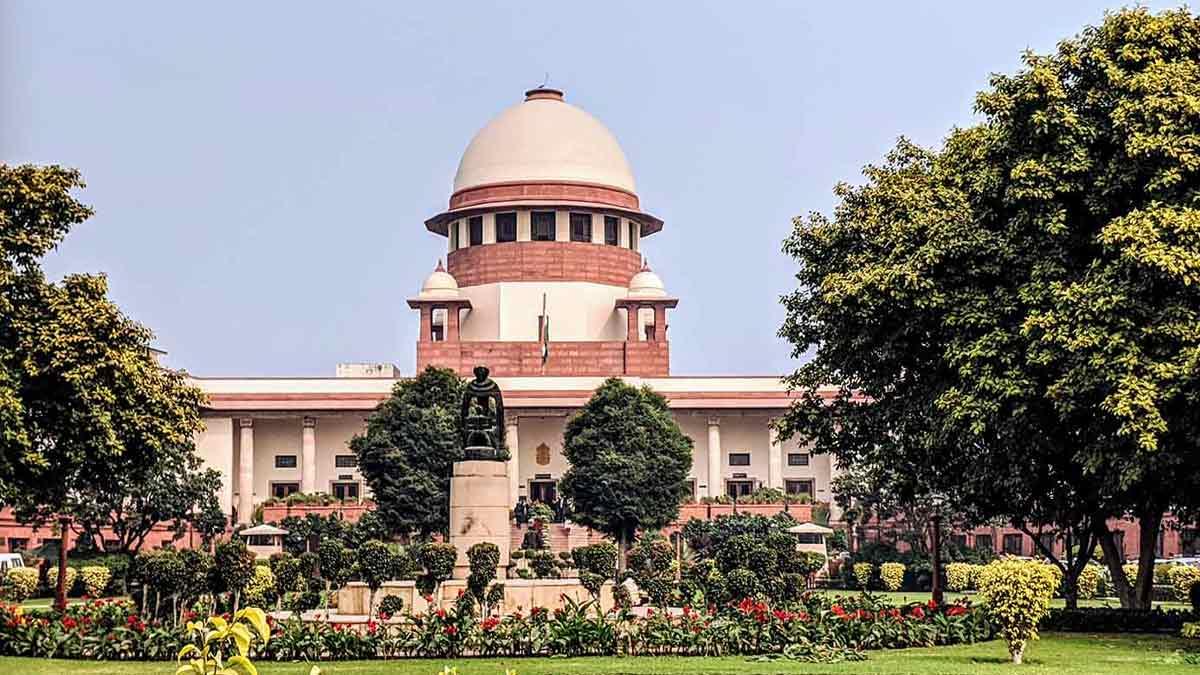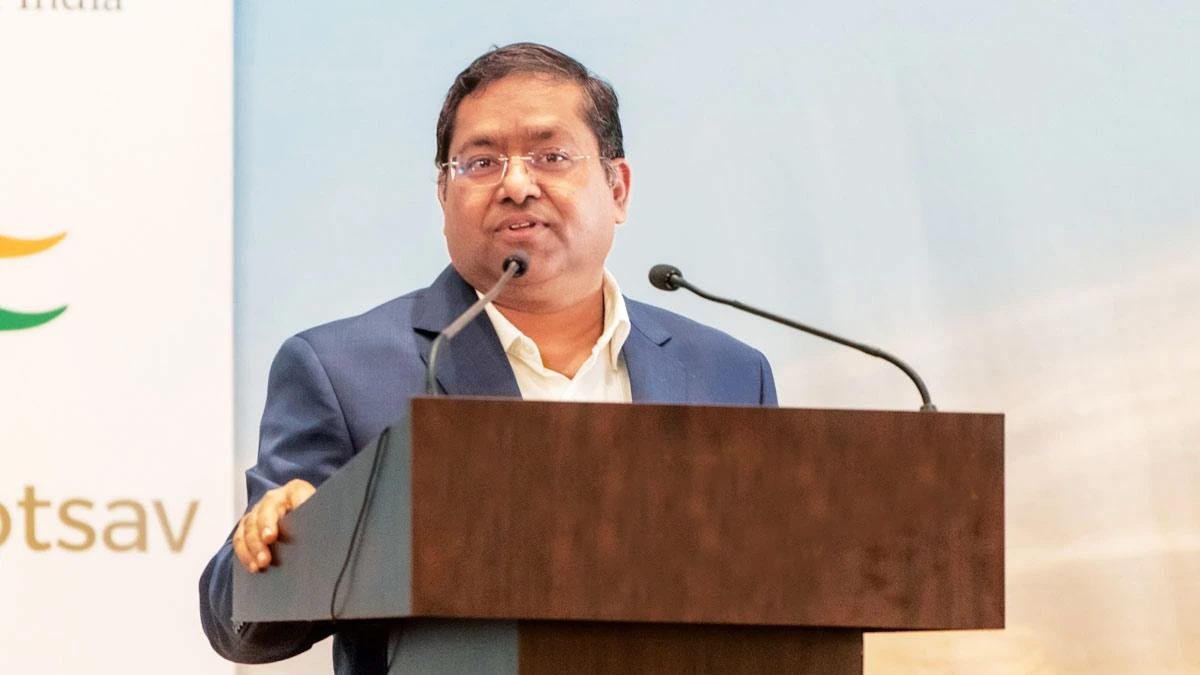On Monday, a Supreme Court bench led by Chief Justice of India (CJI) Sanjiv Khanna ordered that petitions challenging the constitutional validity of Waqf (Amendment) Act, 2025, be heard by a bench led by Justice B.R. Gavai.
Firstly, the proceedings, CJI S.A. Bobde, Chief Justice of India, stated that the bench consisting of Justices Sanjay Kumar and K.V. Viswanathan had gone through the petitions though not minutely. He clarified that the court did not intend to issue an interim judgment, given his retirement.
"We will place it before the bench of Justice Gavai on Wednesday or Thursday," the bench stated.
CJI Khanna, who is retiring on May 13 after reaching the age of 65, would be succeeded by Justice Gavai, the most senior puisne judge, who would be administered the oath as the 52nd CJI.
The Court had last week granted a week's time to the Centre, state governments and Waqf Boards to file their first responses.
The Court decided to dispose of five writ petitions as lead cases, while the remaining petitions would be dealt with as applications for intervention. The registry was also directed to retitle the proceedings as "In Re: The Waqf (Amendment) Act, 2025."
In the course of hearings, the Union government pledged not to abolish provisions concerning 'waqf by user' or introducing non-Muslim members on Waqf Boards.
During a hearing scheduled for May 5, the Court clarified that in the subsequent hearing, preliminary matters would be heard and, if necessary, interim orders would be made.
Saying this in its initial affidavit, the Centre averred that the amendments to the Waqf law were brought about to curb misuses such as encroachments on government land and to introduce proper administration and transparency to Waqf Boards.
The Union Minority Affairs Ministry noted, "It is submitted that alleged misuse of waqf rules to intrude into private and government land. It's shocking to discover that following the amendment brought on in the year 2013, there exists a 116 per cent expansion of auqaf area."
The Centre's reaction also criticized Waqf Boards' administration, observing that they operated "in a non-transparent manner" either by giving no information or providing it partially to the public. It further noted that under previous regulations, there were inadequate measures that led to the incorrect identification of government and private land as waqf property.
"The provisions of Sections 3A, 3B, and 3C address this long-standing issue," the affidavit stated, citing a number of instances when government and even private land were erroneously identified as waqf property.".
The Centre had defended the Waqf (Amendment) Act, 2025, that the legislation was intended to bring the management of waqf properties in India into the contemporary era with effective, transparent, and inclusive reforms. It had explained that the amendments dealt with secular and administrative matters such as management of property and governance, not laying a finger on any central religious practice or belief.
On April 28, the Supreme Court declined to hear a new petition challenging the amendments to the Waqf Act of 1995. The bench headed by CJI Khanna informed the petitioner that it was not feasible for it to hear multiple petitions on the same matter and advised the petitioner to make an intervention application if they wished to intervene in the cases already pending before the court challenging the Waqf (Amendment) Act, 2025.
Read also| Pahalgam Attack Aftermath: India Halts Incoming Mails and Parcels from Pakistan
Read also| Pakistan Continues Unprovoked LoC Firing in J&K for Ninth Straight Day


















